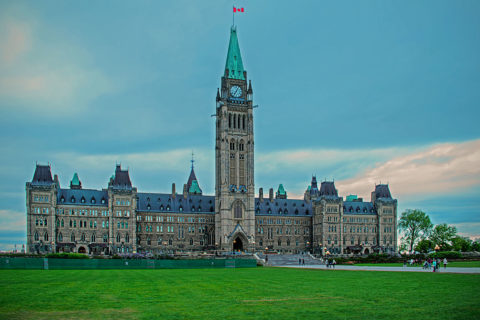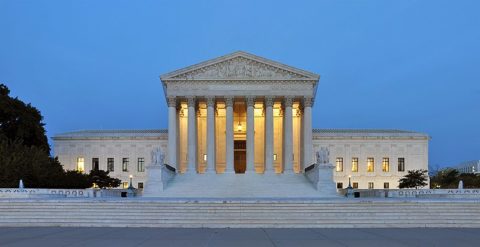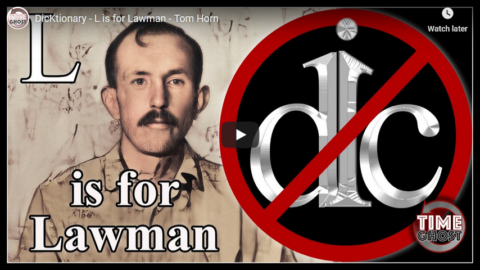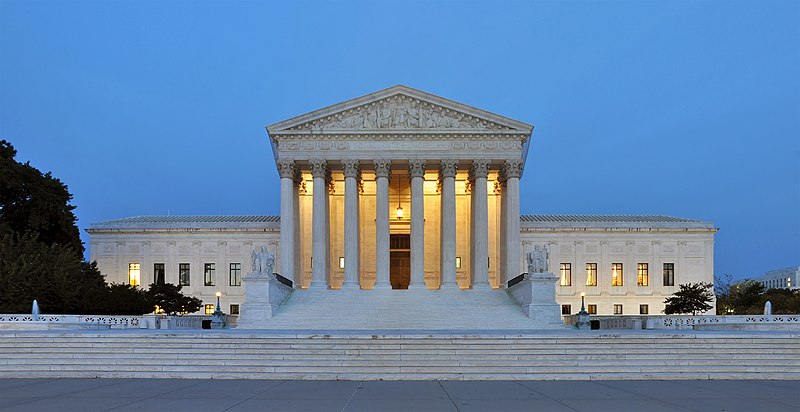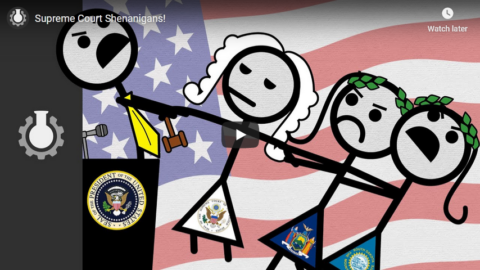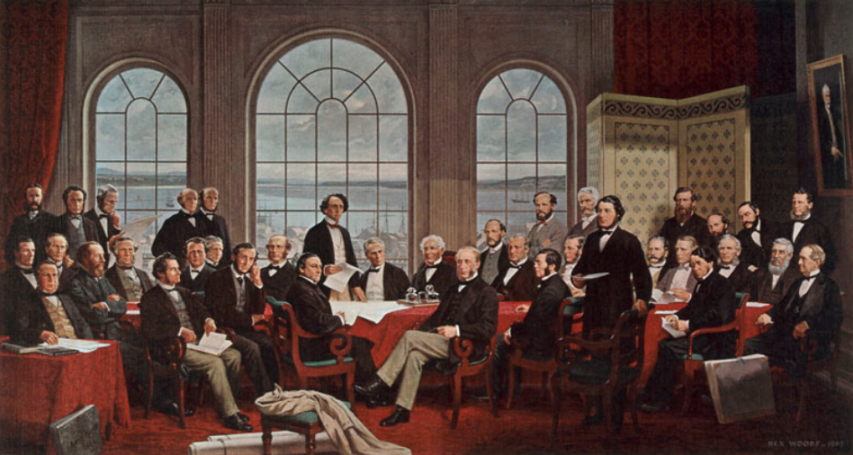An NPR interview with author Vicky Osterweil about her new book In Defense of Looting, published last week:
During the uprisings of this past summer, rioting and looting have often gone hand in hand. Can you talk about the distinction you see between the two?
“Rioting” generally refers to any moment of mass unrest or upheaval. Riots are a space in which a mass of people has produced a situation in which the general laws that govern society no longer function, and people can act in different ways in the street and in public. I’d say that rioting is a broader category, in which looting appears as a tactic.
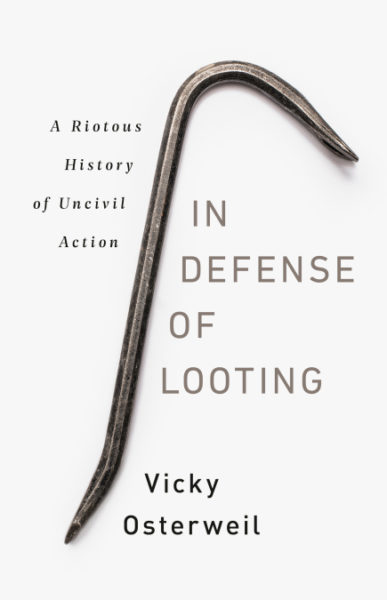
Often, looting is more common among movements that are coming from below. It tends to be an attack on a business, a commercial space, maybe a government building — taking those things that would otherwise be commodified and controlled and sharing them for free.
Can you talk about rioting as a tactic? What are the reasons people deploy it as a strategy?
It does a number of important things. It gets people what they need for free immediately, which means that they are capable of living and reproducing their lives without having to rely on jobs or a wage — which, during COVID times, is widely unreliable or, particularly in these communities is often not available, or it comes at great risk. That’s looting’s most basic tactical power as a political mode of action.
It also attacks the very way in which food and things are distributed. It attacks the idea of property, and it attacks the idea that in order for someone to have a roof over their head or have a meal ticket, they have to work for a boss, in order to buy things that people just like them somewhere else in the world had to make under the same conditions. It points to the way in which that’s unjust. And the reason that the world is organized that way, obviously, is for the profit of the people who own the stores and the factories. So you get to the heart of that property relation, and demonstrate that without police and without state oppression, we can have things for free.
Importantly, I think especially when it’s in the context of a Black uprising like the one we’re living through now, it also attacks the history of whiteness and white supremacy. The very basis of property in the U.S. is derived through whiteness and through Black oppression, through the history of slavery and settler domination of the country. Looting strikes at the heart of property, of whiteness and of the police. It gets to the very root of the way those three things are interconnected. And also it provides people with an imaginative sense of freedom and pleasure and helps them imagine a world that could be. And I think that’s a part of it that doesn’t really get talked about — that riots and looting are experienced as sort of joyous and liberatory.
[…]
What would you say to people who are concerned about essential places like grocery stores or pharmacies being attacked in those communities?
When it comes to small business, family owned business or locally owned business, they are no more likely to provide worker protections. They are no more likely to have to provide good stuff for the community than big businesses. It’s actually a Republican myth that has, over the last 20 years, really crawled into even leftist discourse: that the small business owner must be respected, that the small business owner creates jobs and is part of the community. But that’s actually a right-wing myth.
A business being attacked in the community is ultimately about attacking like modes of oppression that exist in the community. It is true and possible that there are instances historically when businesses have refused to reopen or to come back. But that is a part of the inequity of the society, that people live in places where there is only one place where they can get access to something [like food or medicine]. That question assumes well, what if you’re in a food desert? But the food desert is already an incredibly unjust situation. There’s this real tendency to try and blame people for fighting back, for revealing the inequity of the injustice that’s already been formed by the time that they’re fighting.
H/T to Amy Alkon for the link.
Update: Ann Althouse also commented on the NPR interview:
I don’t know if other people in “the movement” are happy to see that idea spoken aloud [that looters and rioters have “always been a part of our movement”]. I’ve been hearing that there are 2 groups of people — the peaceful protesters and these mysterious other people, who, I’ve noted, the journalists don’t seem to care to identify and investigate. Osterweil is saying these are not 2 different groups. It’s one movement, and it’s been going on for a long time.
[…]
That seems to present looting as street theater with a message. It makes an argument. A terrible argument. We’ve heard that argument in words many times over the years, and most Americans reject it. We want to work and build wealth and enjoy our lives and we want the great mutual benefits of hard work and wealth. Osterweil’s looting is a switch from making the argument against property in words and to speak with actions — the destruction of property. But that doesn’t make the argument more convincing! It’s a nasty tantrum thrown because you can’t convince people with your ideas. Ironically, fortunately, it makes the argument for the other side.

